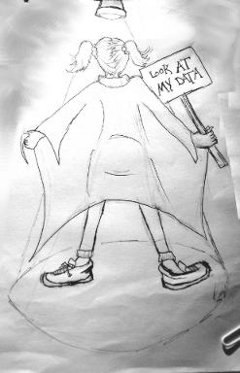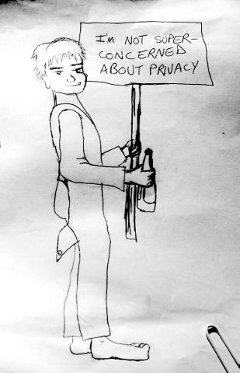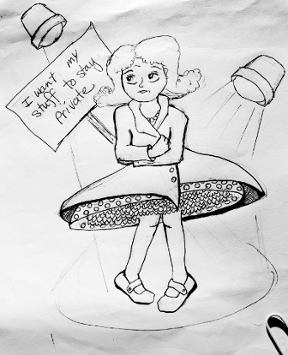I wrote an article for Opportunities Planeet on why artists, authors, or anyone who needs to market a product should be on Twitter.
For Anyone Looking to Market a Product, Twitter Can Be Even More Important Than Facebook
Twitter is the second-most popular social network in the world, and the ninth most-most popular website worldwide. But I believe for marketing, Twitter is the most important social media account to have. First let me say I’m comparing Twitter to Facebook not because they are the most similar, or because I think you should neglect to promote yourself on Facebook. I compare Twitter to Facebook because most people see Facebook as an important part of their marketing strategy, while neglecting the little blue bird. Sure, Facebook is the second-most popular website in the world. But most of the people who use it expect it to be a personal space. Facebook is where people share photos of their vacation and videos of kittens. You are expected to have one profile for all the different “hats” you wear, encompassing what you do at work, how you spend your free time, what music enjoy and what stories you’ve been reading…the whole kit and caboodle. Twitter allows you to brand yourself. You can have a multitude of Twitter profiles and no one frowns upon it as they would if you had a variety of Facebook personae. This means if you’ve written the book Zombies With Guns you can have a Twitter feed that focuses exclusively on weapons, ammo, and surviving the zombie apocalypse. On Facebook, your friends and family would be irritated by your constant stream of zombie and gun info, because they are not your target audience. On Twitter, your account is specifically for that purpose, so all of your followers would be people interested in that kind of content. Sure, you can get fifty of your friends to like your company on Facebook, but on Twitter those followers are not your pals but potential customers. Facebook has created a number of ways to compete with this advantage. They created groups, then changed, them, and are now getting rid of them. They created company pages. But in my experience, it is harder to gain followers of a Facebook company page than a Twitter page, even though many more people are on Facebook! That’s because people go to Facebook to talk to people they already know in real life. People go to Twitter to find out what’s going on in the world and to receive updates on their favorite subjects.



